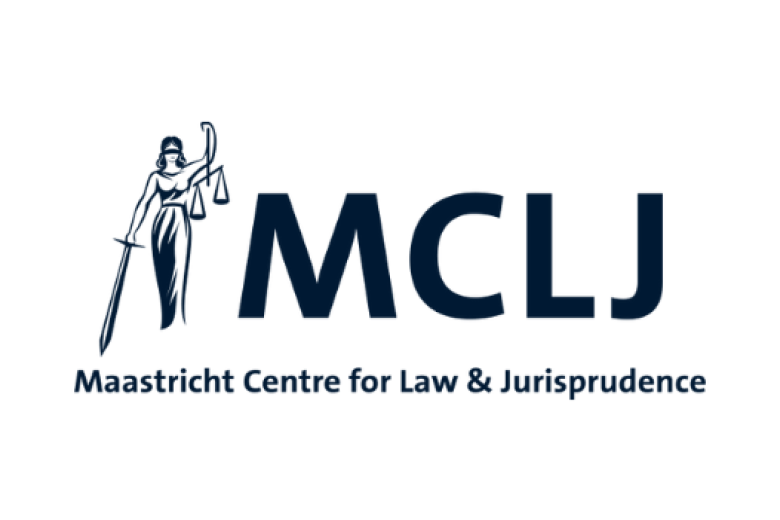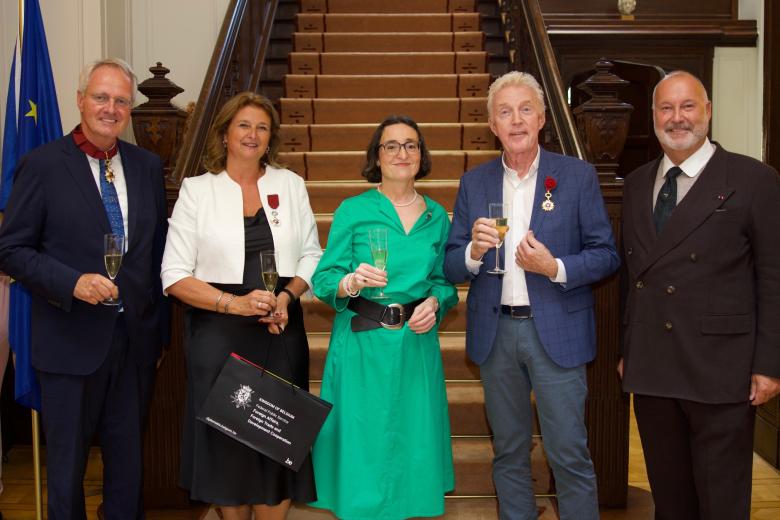Globalisation & Law Network seminar with Barend van Leeuwen
On 20 March 2025, the Globalisation & Law Network, had the pleasure of welcoming Barend van Leeuwen, Professor of European Union Law at Durham University, who presented his recent article ‘Repositioning Free Movement of Services: A Substantive Perspective on the Structure and Dynamics of the Internal Market’. The discussion was moderated by Rónán Riordan.
First, Professor van Leeuwen argued that our understanding of the relationship between the fundamental freedoms needs to be re-evaluated. In recent decades there has been a shift in the scope and relationship between freedoms, particularly freedom of services which – he argues – increasingly fulfils a role as a ‘connecting’ freedom within the internal market.
Then, the continued relevance of negative integration in European integration was emphasised. This argument is based on his empirical analysis of the Court’s case law relating to Article 56 TFEU and the Services Directive over ten years in particular. His research encourages us to consider the role of Article 56 TFEU, how it interacts with secondary law, and what this interplay reveals regarding the evolving relationship between negative and positive integration.
Finally, Professor van Leeuwen advanced a more theoretical claim: that the distinction between negative and positive integration is becoming increasingly blurred. This is because of the interactions between primary and secondary law in the Court’s jurisprudence, where legislation is often interpreted in light of the Treaties, and vice versa. In the context of services law, Barend considered this dynamic via the relationship between Article 16 of the Services Directive and Article 56 TFEU. His findings suggest that we should reflect on the future trajectory of negative integration in this area, especially in light of the apparent duplication of treaty-based provisions in secondary law and the codification of the Court’s interpretations. Rather than viewing the relationship between negative and positive integration and between the Court and Legislature as in competition or opposition to one another, he concludes that we may need to reframe or understand these relationships as ones characterised as mentoring relationships. Negative and Positive integration, the Court and Legislature, lending mutual support and reinforcement to one another.
A rich and lively discussion followed the presentation.
Curious about the current challenges of law and governance? You can register for the upcoming research seminars organised by the Globalisation & Law Network. We look forward to seeing you there!
Also read
-
Symposium VWR-VSR: Vulnerability and the Law – Multidisciplinary Perspectives
On 14 November 2025, the symposium "Vulnerability and the Law: Multidisciplinary Perspectives" will take place in Maastricht.

-
Professor Anouk Bollen-Vandenboorn appointed Knight in the Order of the Crown
Prof. Dr Anouk Bollen-Vandenboorn, Director of the Institute for Transnational and Euregional cross border cooperation and Mobility (ITEM) at the Faculty of Law, Maastricht University, was appointed Knight in the Order of the Crown on 3 July, during a formal ceremony at the Belgian Embassy in The...

-
IGIR seminar series
The IGIR seminar series will be launched after the Summer break. Our aim is to offer a nice and friendly environment for staff members and visiting researchers to present their ongoing research.
